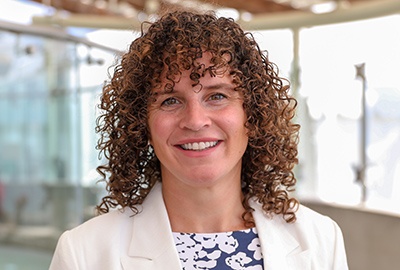Linking multiple stressor science to policy opportunities through network modeling
By L.M. Wedding, S.J. Green, S. Reiter, K.R. Arrigo, L. Hazen, M. Ruckelshaus, J.M.A. van der Grient, R.M. Bailey, M.A. Cameron, J. Leape, M. Levi, A. Merkl, M.M. Mills, S. Monismith, N.T. Ouellette, G. van Dijken, F. Micheli
Originally published in Marine Policy in December 2022

Abstract
Global climate change and a suite of other human-generated stressors are causing significant changes in the world’s oceans. Ocean stressors combine and interact, and when there are multiple stressors, the interactions are often synergistic – the combined impact is greater than the sum of their individual effects. Synergistic interactions yield non-linear impacts, which means that failure to account for synergies may vastly underestimate risk. However, most management decisions do not take account of these interactions, in particular the compounding layer of climate-related stressors, and as a result, policy actions ensue in the absence of this critical insight. Here, we highlight a pathway for incorporating interactions from multiple stressors into three key management domains: species protection, sectoral regulations, and spatial planning. Our synthesis yields two central outcomes including: 1) a proposed framework that provides policymakers with the needed structure to integrate new scientific insights of the risk posed by interacting stressors into the current decision-making processes and; 2) an Arctic case study providing a starting point for the conceptualization of how to apply our framework to decision-making. Integrating the consideration of multiple interacting stressors into ecosystem-based management and planning could provide an opportunity for managing Arctic resources amid a growing climate crisis, and provide a potential model for efforts in other ocean regions.
Full Text


